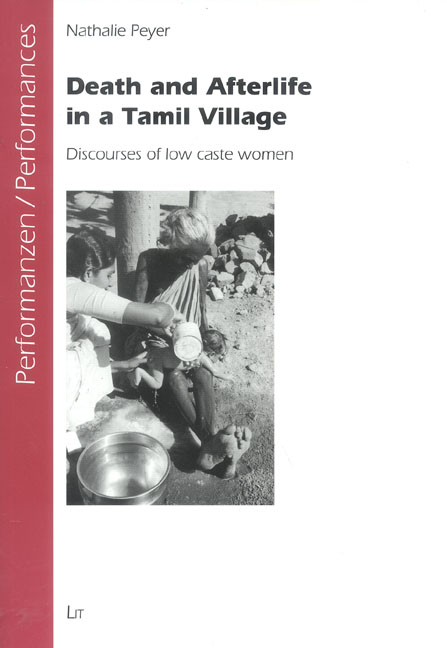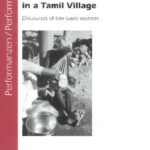Beschreibung
Studies of death rituals and of beliefs about the afterlife in India have
mainly been carried out from the perspective of male members of high
castes following the Sanskritic tradition. Contrary to this, the present
study focuses on rural low caste women’s discourses about death and
afterlife. Their talk about death and afterlife is analyzed in a wider
social context. This reveals that death is symbolically related to and
meaningful for the social order, the recreation of life, and the status of
women. It is important to control death as it is considered a vulnerable
state of transition that is constantly endangered by impurity and by
attacks of malign ghosts.


